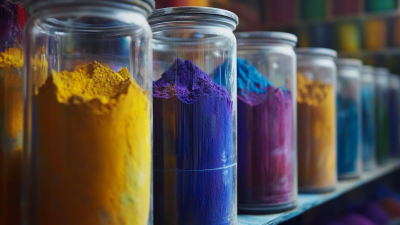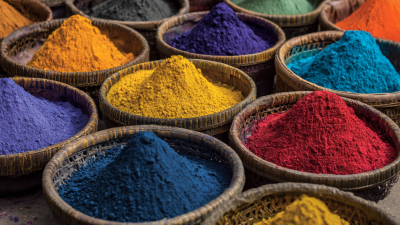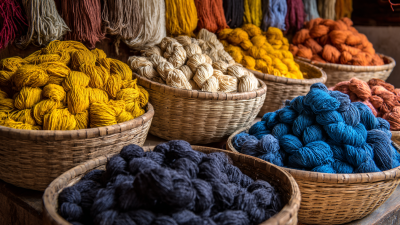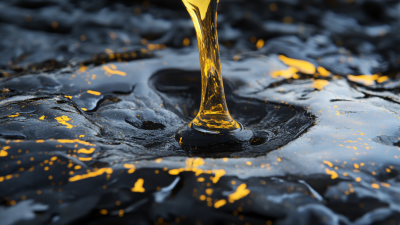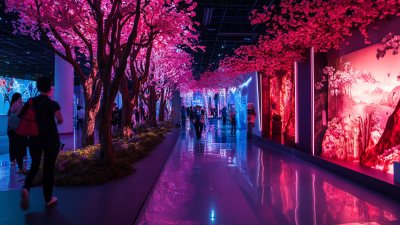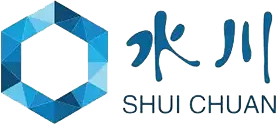As the anticipation builds for the 138th Canton Fair in 2025, a spotlight is set on the innovative developments within the textile industry, particularly concerning Sulphur Dyes. This vibrant trade fair serves as a pivotal platform for manufacturers, suppliers, and stakeholders to showcase emerging trends and technological advancements. Sulphur Dyes, known for their excellent wash fastness and vivid colors, are gaining traction among eco-conscious brands, making them a focal point in discussions on sustainable practices.
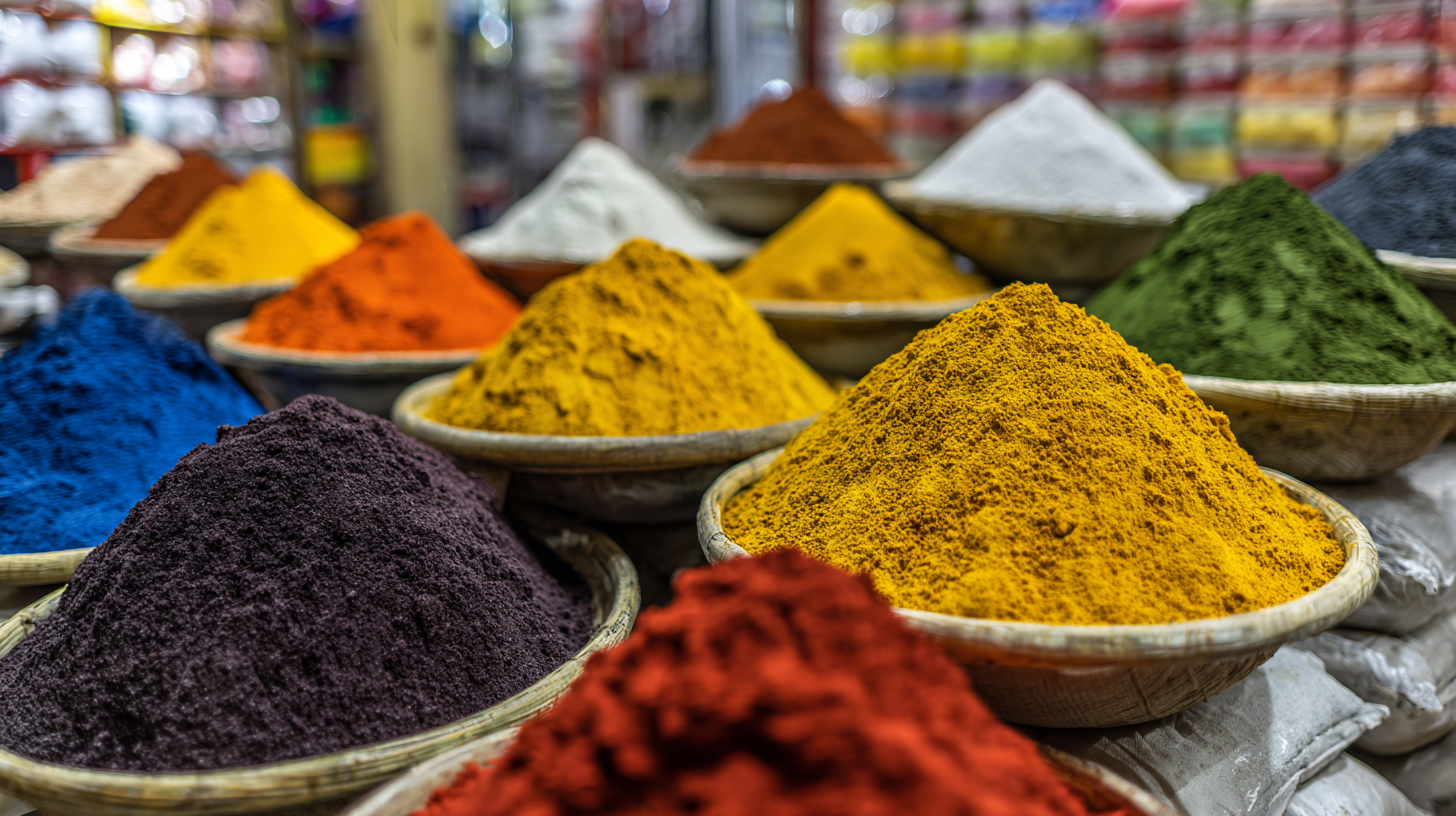
The 138th Canton Fair in 2025 is set to be a pivotal event for the sulphur dye industry, showcasing a range of innovations that are reshaping market dynamics. One of the most prominent emerging trends is the emphasis on sustainability. Many companies are now focusing on environmentally friendly production methods and biodegradable dye options, responding to increasing consumer demand for sustainable practices. This shift is likely to attract eco-conscious brands and manufacturers looking to enhance their product lines with greener alternatives.
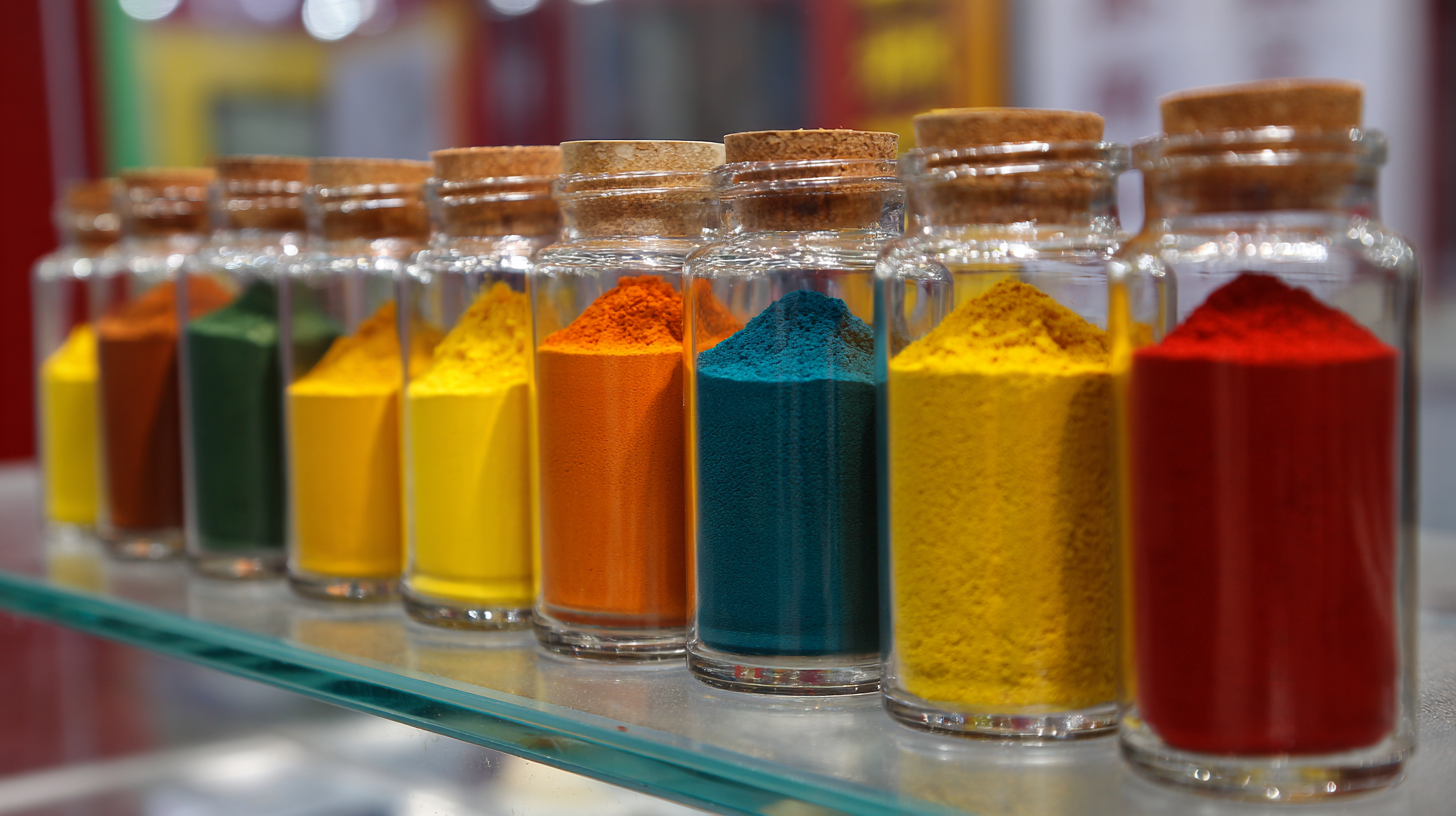
In addition to sustainability, advancements in technology are playing a crucial role in the evolution of sulphur dyes. Innovations in dye application techniques and formulation formulations are enabling producers to create vibrant colors with improved lightfastness and washfastness. Attendees at the Canton Fair will witness presentations and demonstrations that highlight these cutting-edge technologies, providing insights into how they can improve dyeing processes and reduce waste. The convergence of sustainability and technology marks a promising future for the sulphur dye sector, making this event a must-attend for industry professionals aiming to stay ahead of the curve.
The textile industry is undergoing significant transformations, with sulphur dyes becoming increasingly popular due to their cost-effectiveness and vibrant color offerings. As presented at the 138th Canton Fair 2025 in China, these dyes are gaining traction among manufacturers looking to meet both environmental standards and consumer demands. The shift toward sustainable practices within the textile industry has spurred a greater reliance on sulphur dyes, which are known for their reduced environmental footprint compared to traditional dyeing methods.
Market dynamics reveal a growing competitive landscape as more companies invest in advanced sulphur dye formulations that enhance colorfastness and reduce water usage during dyeing processes. Additionally, the incorporation of innovative technologies in production is allowing textile manufacturers to achieve a wider color palette while ensuring compliance with environmental regulations. This evolution not only caters to the rising consumer awareness about sustainability but also positions sulphur dyes as a future-forward choice in the expanding global textile market.
The 138th Canton Fair in 2025 serves as a pivotal platform for discussing
sustainability practices in
sulfur dye production and usage. As the textile industry faces increasing scrutiny over
its environmental impact, manufacturers are seeking innovative approaches to minimize their ecological footprint.
Sulfur dyes, known for their vibrant colors and excellent wash fastness,
are now being produced with a greater emphasis on sustainability. This shift includes the adoption of eco-friendly processing
methods and the use of biodegradable materials, reducing water consumption and energy usage during dyeing.
Furthermore, key players in the industry are exploring alternative raw materials derived from renewable sources. By
prioritizing the use of sustainable inputs in sulfur dye formulations, companies can significantly decrease
carbon emissions associated with traditional dye production processes.
The fair will highlight successful case studies where businesses have integrated these practices, showcasing not only
their commitment to environmental stewardship but also their competitive edge in a market increasingly driven by consumer
demand for sustainable products. As discussions unfold, attendees can expect valuable insights into
the future of sulfur dyes and their role in a greener textile industry.
The 138th Canton Fair in 2025 is set to be a pivotal event for sulphur dye manufacturers, offering unparalleled networking opportunities. With an expected influx of industry professionals, the fair provides a unique platform to connect with key players, explore collaboration possibilities, and gain insights into market trends. Manufacturers can engage in vital discussions that spark innovation and help them stay ahead in a competitive landscape.
Attendees will find valuable opportunities to showcase their products and capabilities while establishing meaningful relationships with potential partners and clients. This direct interaction can lead to fruitful collaborations, allowing businesses to expand their reach and enhance their market presence. Moreover, the fair's comprehensive program includes seminars and workshops focused on trending technologies and best practices in the sulphur dye industry, ensuring that participants leave with not only contacts but also enriched knowledge.
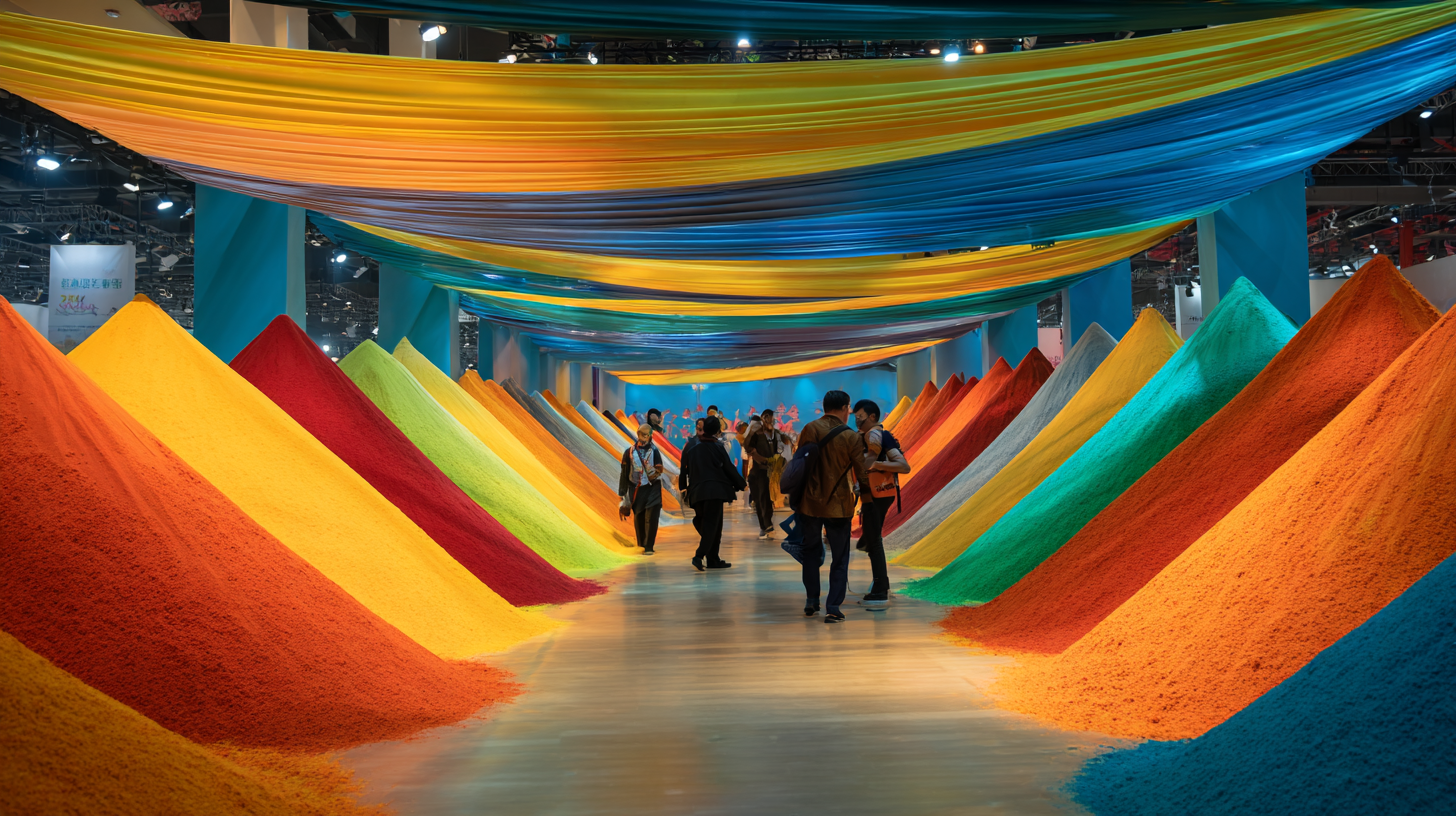
As the world progressively embraces Industry 4.0, the dye manufacturing sector is increasingly aligning with smart technologies, particularly in the use of sulphur dyes. According to a report by Mordor Intelligence, the global market for sulphur dyes was valued at approximately $1.5 billion in 2022 and is projected to grow at a CAGR of 5.3% between 2023 and 2028. This growth can be attributed to the increased demand for sustainable and cost-effective dyeing processes, effectively aligning with the principles of Industry 4.0 that emphasize efficiency and resource optimization.
At the 138th Canton Fair 2025 in China, numerous exhibitors are expected to showcase innovations in sulphur dye applications and production techniques. The integration of artificial intelligence in quality control and the use of IoT for real-time monitoring of dyeing processes are pivotal advancements noted in recent industry studies. A survey conducted by Technavio indicates that harnessing these smart technologies not only reduces waste but also enhances productivity by nearly 20%, thereby positioning sulphur dyes as a sustainable choice in textile manufacturing.
These developments signal a robust alignment of traditional practices with cutting-edge technology, ensuring that the industry remains competitive in a rapidly changing market landscape.
